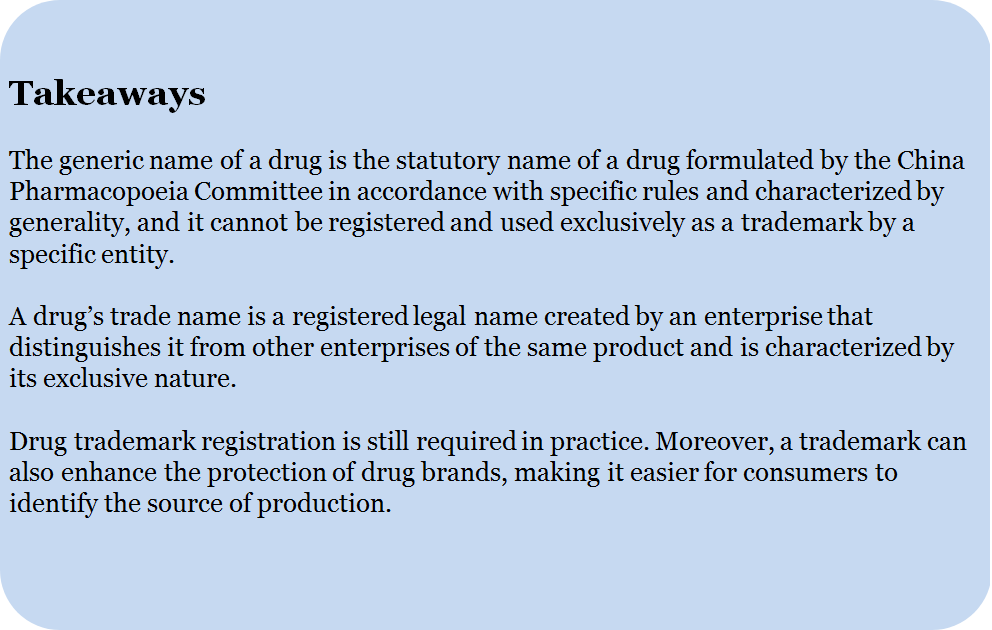USPTO Motion to Amend Study Update Shows 83% of MTAs Denied
The Patent Trial and Appeal Board (PTAB) yesterday published the eighth installment of its Motion to Amend (MTA) Study, including updated information from March 15, 2019, through March 31, 2023. The study analyzes all motions to amend, including pre-pilot and pilot program motions. Of 469 total motions to amend patent claims since October 1, 2012, 83% (391) were denied; 10% (47) were granted; and 7% (31) were granted in part.
According to a U.S. Patent and Trademark Office (USPTO) press release, this year’s report “provides the most comprehensive data regarding the pilot program to date, including additional information on MTA filings by technology.”
The MTA pilot program for America Invents Act (AIA) proceedings at the PTAB stems back to March 2019, when the Patent Office published a notice of pilot program in the Federal Register announcing that patent owners would have the opportunity to seek preliminary guidance on MTAs from the Board itself. The pilot program also offered the opportunity for patent owners to file revised MTAs following a petitioner’s brief in opposition to the original motion to amend. Since launching the pilot program, the USPTO has twice extended the date for terminating the program, which is currently set to run through September 16, 2024.
In May of this year, the Office published a request for comments (RFC) in the Federal Register seeking public input on the pilot program and said it is considering whether to make the program permanent. The RFC also sought input on the PTAB’s authority to raise grounds sua sponte during the MTA process. Under the U.S. Court of Appeals for the Federal Circuit’s 2022 decision in Hunting Titan v. DynaEnergetics Europe, the PTAB does not have a responsibility to sua sponte raise patentability issues during motions to amend. However, the Federal Circuit’s decision in that case expressed concern that confining the Board’s ability to raise such issues during MTA practice undermined the AIA’s intent to reexamine earlier agency decisions.
The deadline for public comments on the RFC was July 24, 2023.
The latest MTA study found that:
- Of the 2,832 trials conducted during the pilot program (both completed trials and pending trials), patent owners sought to amend the claims in 264 trials.
- Of the 220 completed trials during the pilot program, the PTAB decided the substantive merits of 134 MTAs. In the remaining 71 MTAs, the PTAB did not reach the substantive merits for various reasons explained in the study.
- Of the 134 pilot MTAs decided on the merits, 24% had at least one claim granted substitution, as compared with 14% of pre-pilot MTAs having at least one claim granted substitution.
- Proposed substitute claims were denied 54% of the time because Petitioner met its burden to show unpatentability, 19% of the time because Patent Owner failed to meet the statutory and regulatory requirements, and 27% of the time for both reasons.
Of the 264 pilot MTAs filed, 88% included requests for preliminary guidance from the PTAB. In terms of technology, 137 (52%) of the 264 filings were electrical/computer patent claims.
According to last year’s MTA study, as of March 2022, patent owner success rates during the MTA pilot program had dropped to 25% compared with the 36% as of December 2020 for those who requested either preliminary guidance or revised MTA filings, or both. As noted above, however, prior to the pilot, the success rate was 14%.
Additional data for completed trials with a pre-pilot MTA is also available on the USPTO’s dedicated webpage on PTAB statistics.
Eileen McDermott
Eileen McDermott is the Editor-in-Chief of IPWatchdog.com. Eileen is a veteran IP and legal journalist, and no stranger to the intellectual property world, having held editorial and managerial positions at […see more]









